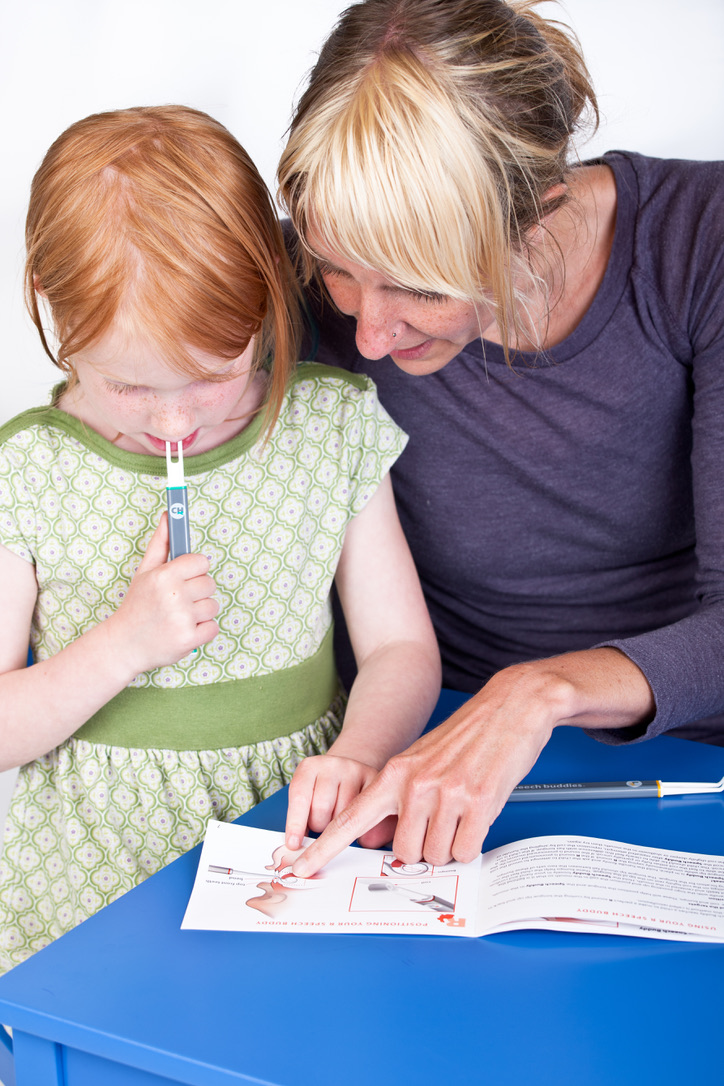In my clinical career, I have direct comparisons of parents who were deeply involved in their children’s therapy regimen and those who were not. In almost every case, the parents who were more involved in their child’s speech regimen had the most success.
Here are several tips for how you can be the ideal partner in your child’s therapy process.

- Ask Questions – Starting from your child’s initial evaluation through every stage of therapy, don’t be afraid to ask your speech therapist questions. Make sure you understand the recommendations given in your child’s evaluation report. Whenever therapy goals are listed, ask about the rationale behind each goal and the sequence of those goals. Will they target goals individually or several at once?
Inquire about your child’s progress after a few weeks of therapy. What goals is your child most naturally making progress with? What activities are your child most motivated by? And what the discharge plan is.
Your therapist will appreciate your active involvement in the therapy process, even if it seems like micro-managing. - Offer Suggestions – Don’t be afraid to offer suggestions to your therapist. You will defer to your experienced, licensed professional regarding therapy techniques, goal selection, and the key clinical considerations. However, it is essential that your therapist know what brings your child joy. This can include games or activities that motivate your child, their preferred feedback or reinforcement (i.e. after each correct answer or at the end of a block of items), and potential prizes.
Therapy should always be fun and focus on connecting with your child and their interests. Most therapists are well-stocked with games and other reinforcement tokens but, imparting your knowledge of what makes your child tick will pay enormous dividends for their growth. - Practice Makes Perfect – This adage applies in almost every area of speech and language therapy. There’s no need to do more than your family can reasonably take on. However, research strongly suggests that frequent short home-based “sessions” are the ideal way to pursue follow-up exercises.
For example, three to four times per week for ten to fifteen minutes per session. Definitely take your therapist’s lead and refrain from doing activities or exercises that aren’t “assigned” by your therapist.
When in doubt, ask for direction or clarification from your therapist. - It’s a Process – Speech and language therapy isn’t a linear process. I’ve seen early strong progress turn to mid-therapy frustration and vice versa. I’ve seen minimal early progress give way to rapid change just as everyone was throwing their hands up in frustration. The lesson here is it’s probably prudent to expect at least several months of visits, depending on the nature and number of goals on your child’s therapy plan.
Speech and language are complex behaviors that can require time, persistence, and thoughtful intervention to change. In many cases, there’s simply no way around this. By following the guidelines I’ve provided, you can make therapy more efficient and ensure a positive experience for your family.
Visit our website at speechbuddies.com or contact us for more information.
We also offer a free directory, Speech Buddies Connect, of SLP’s on our website.
By Gordy Rogers, M.S. CCC-SLP






